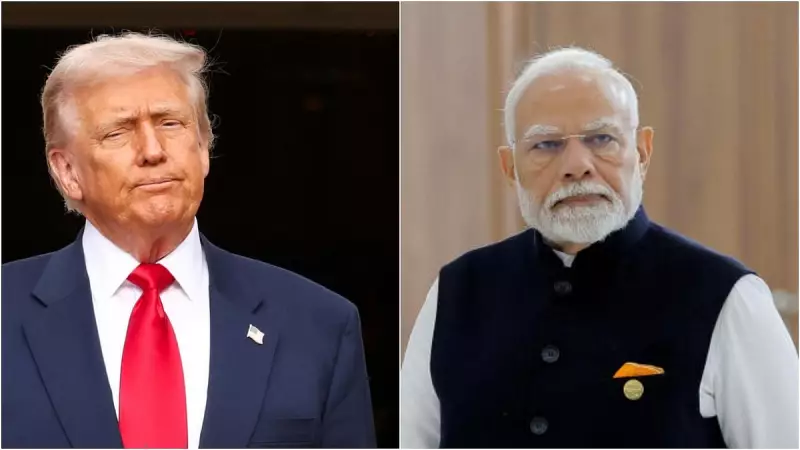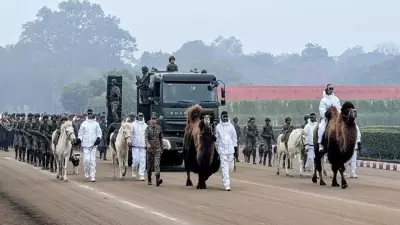
Former US President Donald Trump has once again claimed credit for preventing a major military confrontation between India and Pakistan, drawing sharp political reactions in India and putting Prime Minister Narendra Modi's government under scrutiny.
Trump's Repeated Claims About Operation Sindoor
Donald Trump has allegedly stated approximately sixty times that he personally intervened to stop what he calls "Operation Sindoor," preventing what could have escalated into a full-scale war between the two nuclear-armed neighbors. The former American president has specifically claimed that he used trade agreements as leverage to de-escalate the situation.
These assertions have resurfaced multiple times in Trump's recent public statements, maintaining consistent narrative about his role in South Asian diplomacy during his presidency. The claims have gained particular attention in Indian political circles as they question the autonomy of India's strategic decisions.
Political Backlash in India
Congress leader Jairam Ramesh has launched a direct criticism of Prime Minister Narendra Modi's response to Trump's repeated assertions. Ramesh pointedly questioned why the Prime Minister remains silent when Trump repeatedly takes credit for influencing India's military decisions.
"When President Trump says 60 times that Operation Sindoor was stopped because of him and that he used the trade agreement as a weapon, he remains silent," Ramesh stated, highlighting what he perceives as the Modi government's unwillingness to confront these claims directly.
Broader Implications for Indian Foreign Policy
The ongoing controversy raises significant questions about India's foreign policy independence and how the country's strategic decisions are perceived internationally. The repeated nature of Trump's claims and the Indian government's response pattern have become a subject of intense political debate.
Political analysts suggest that the silence from the Indian government might be interpreted differently by various stakeholders. Some see it as diplomatic pragmatism, while opposition parties view it as a failure to defend India's sovereign decision-making authority.
The timing of these developments is particularly sensitive given the complex geopolitical landscape in South Asia and upcoming political considerations in both India and the United States.





